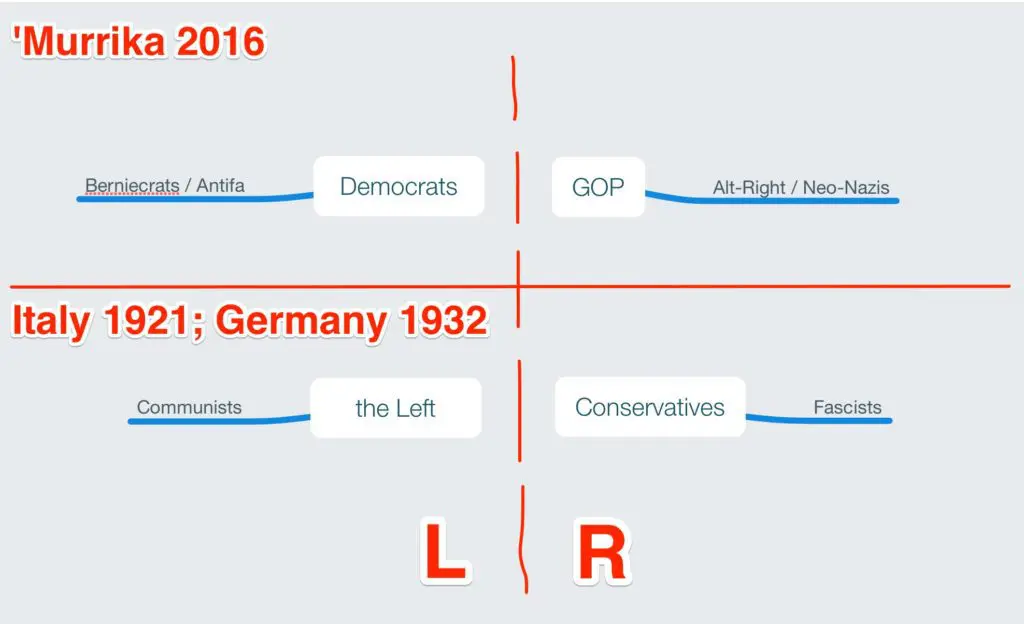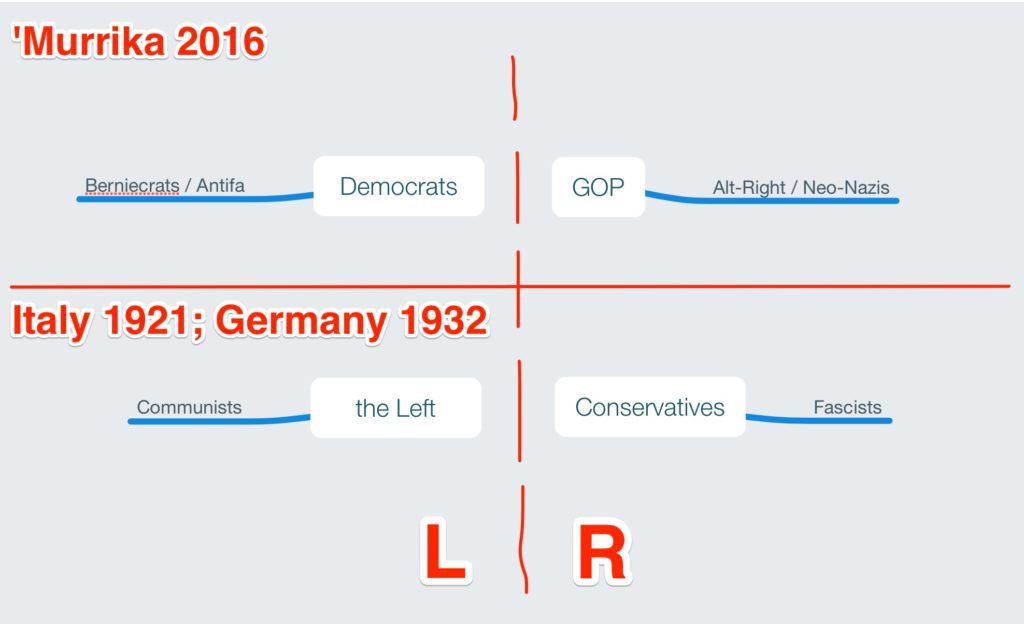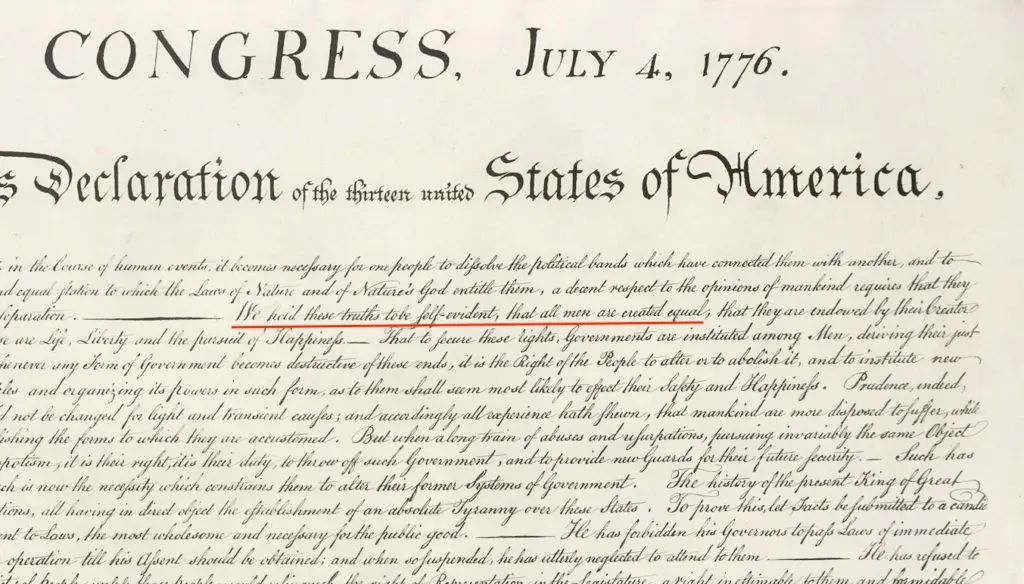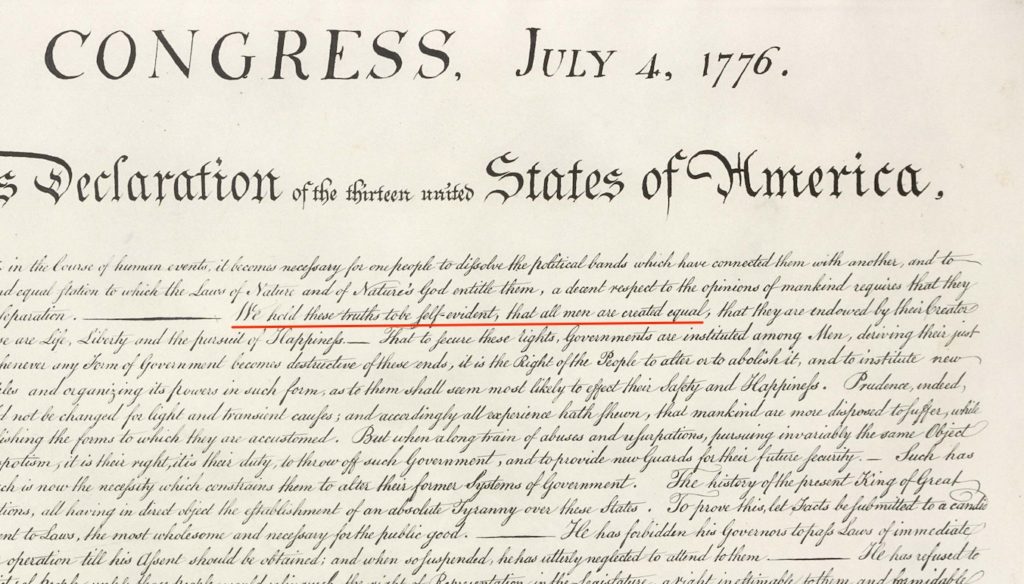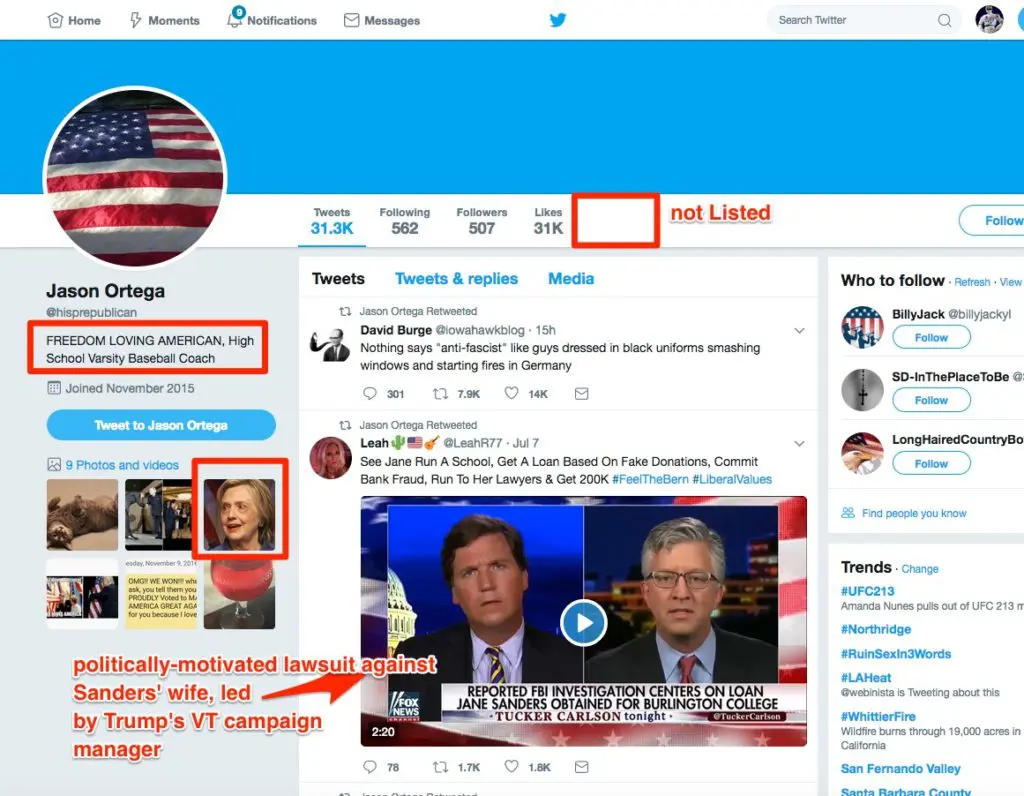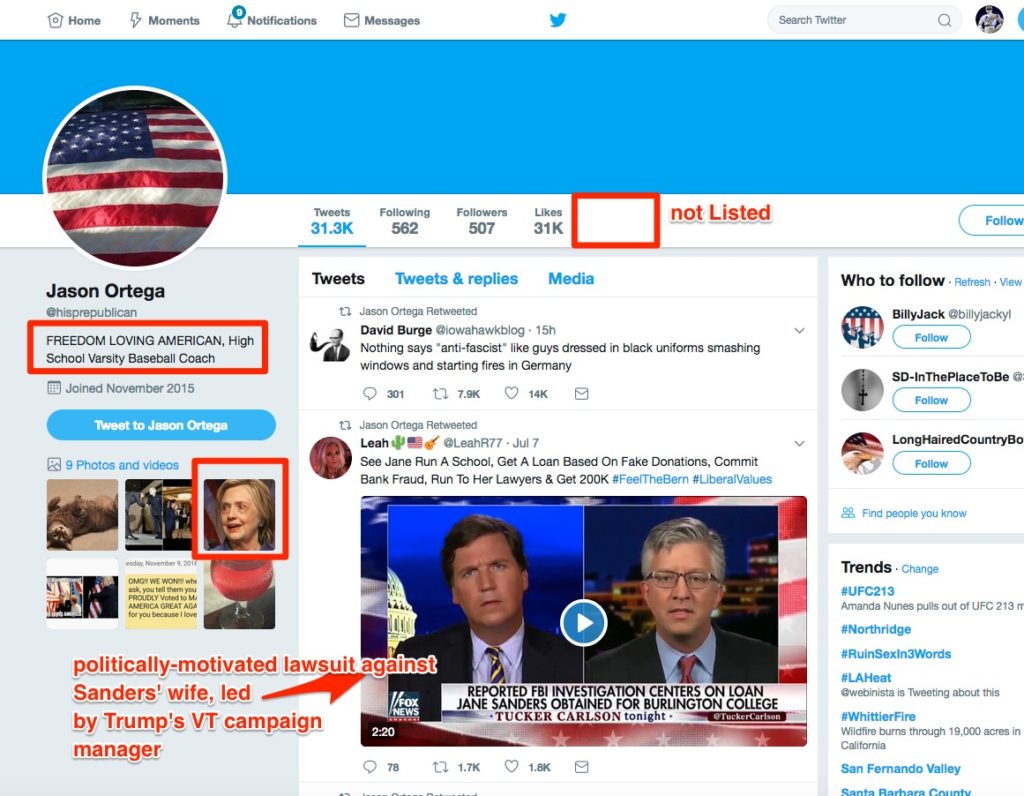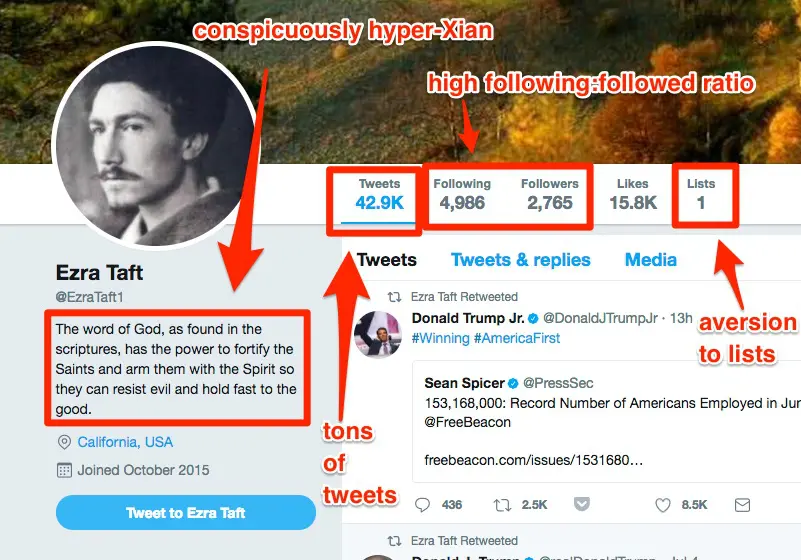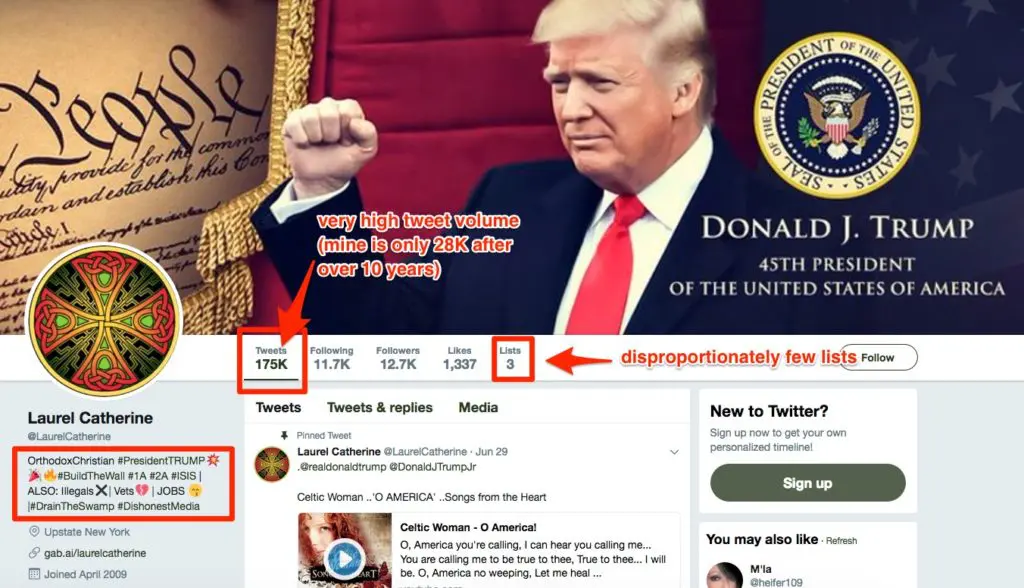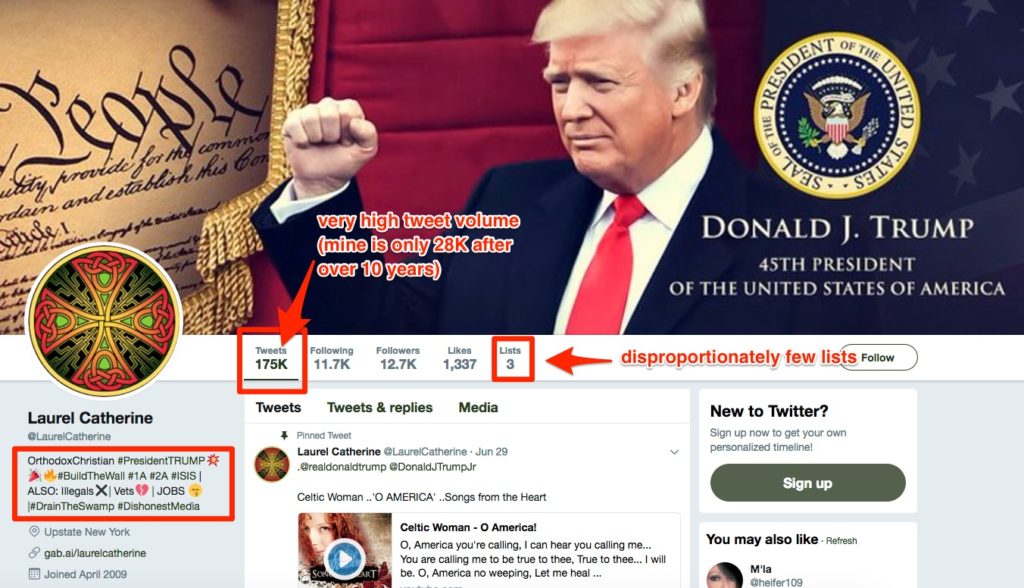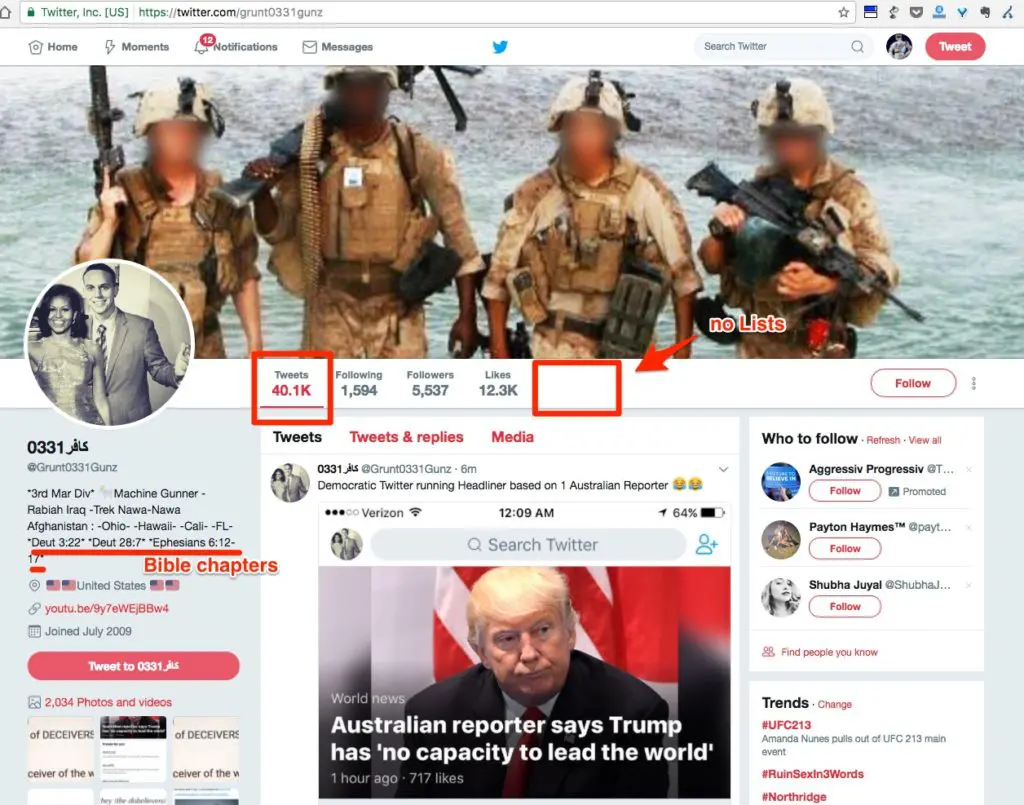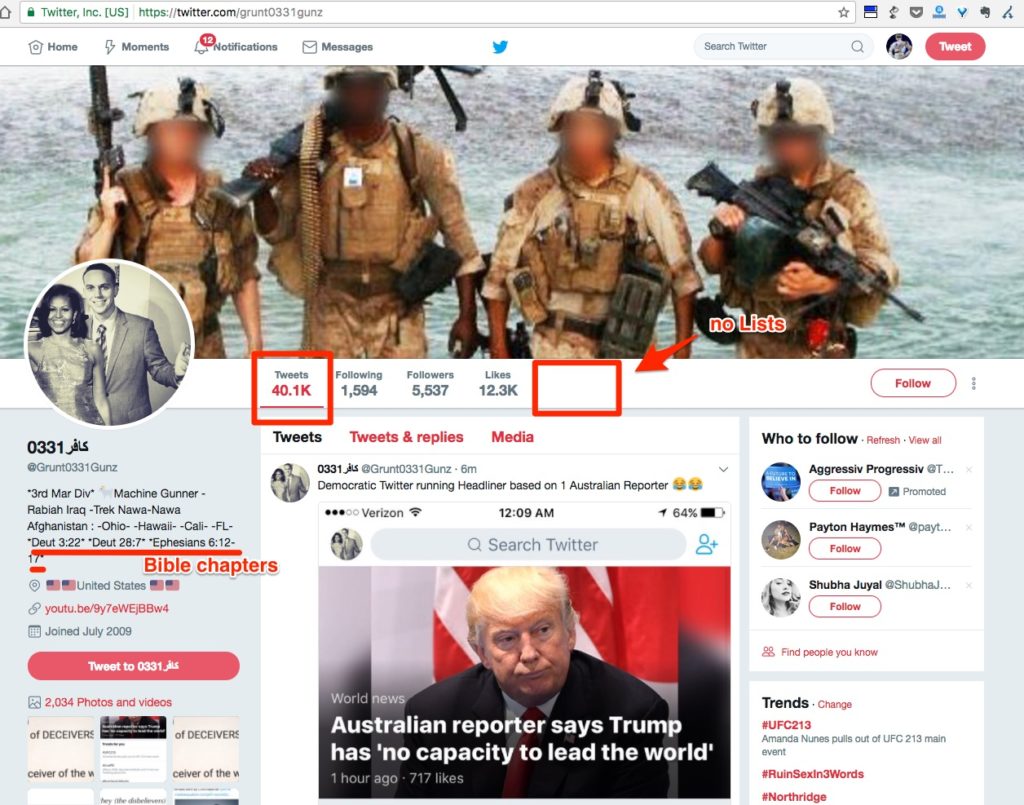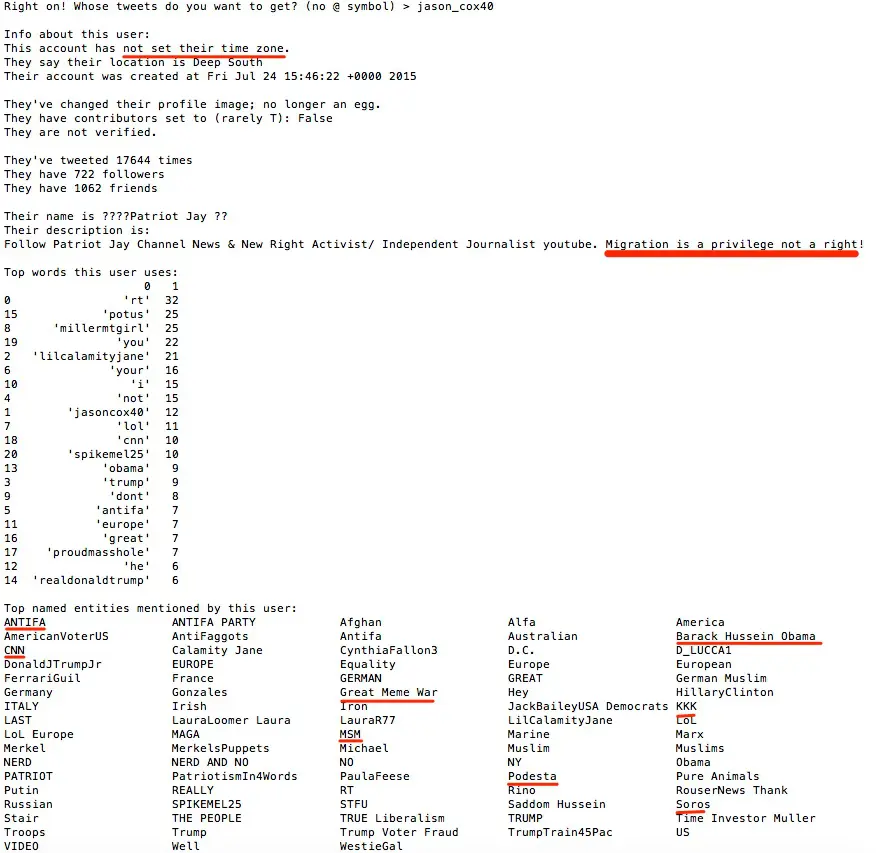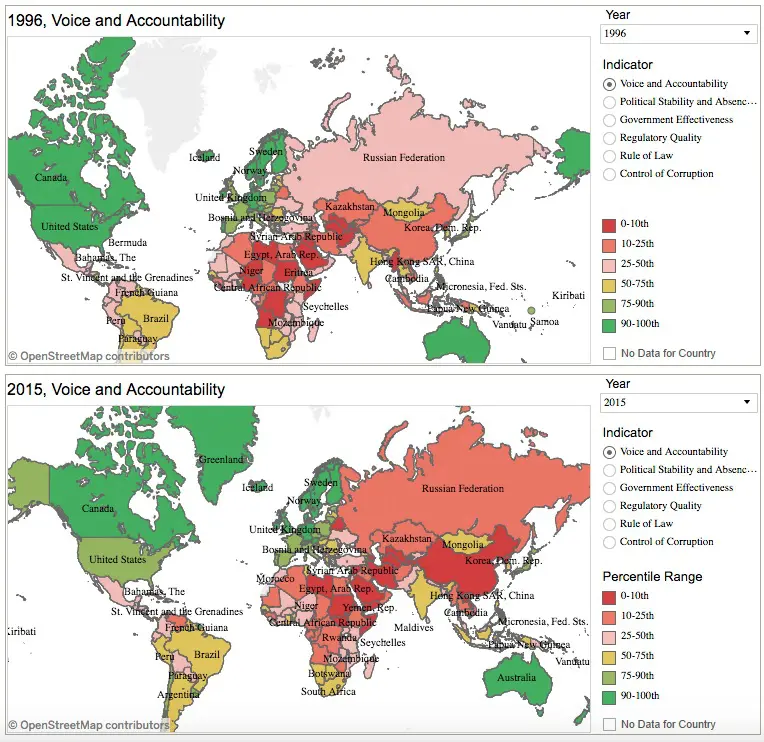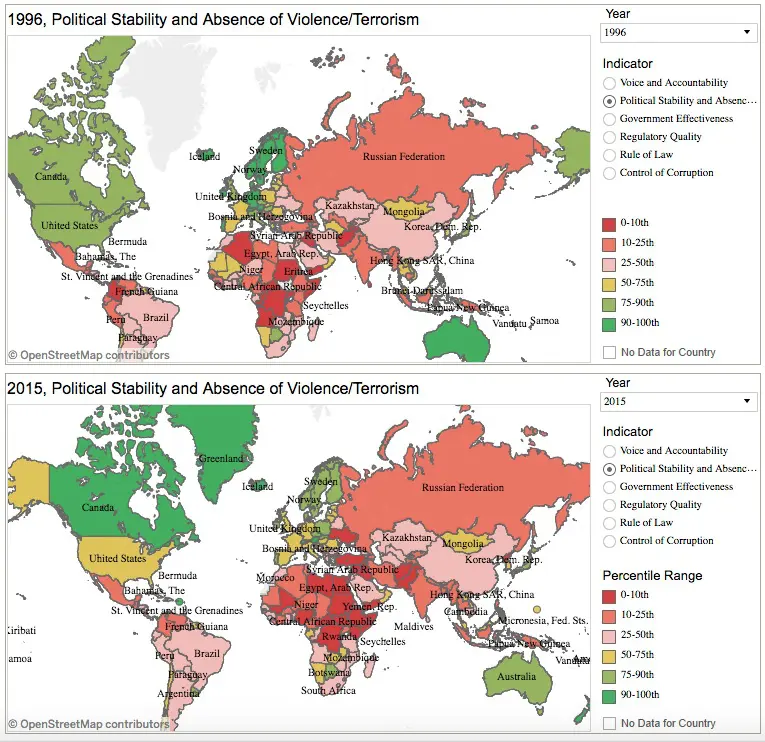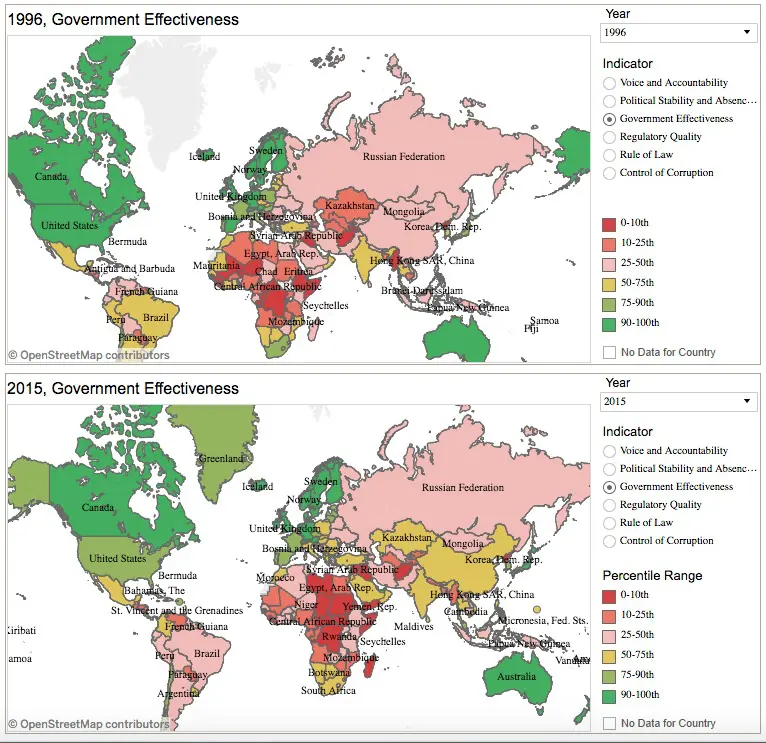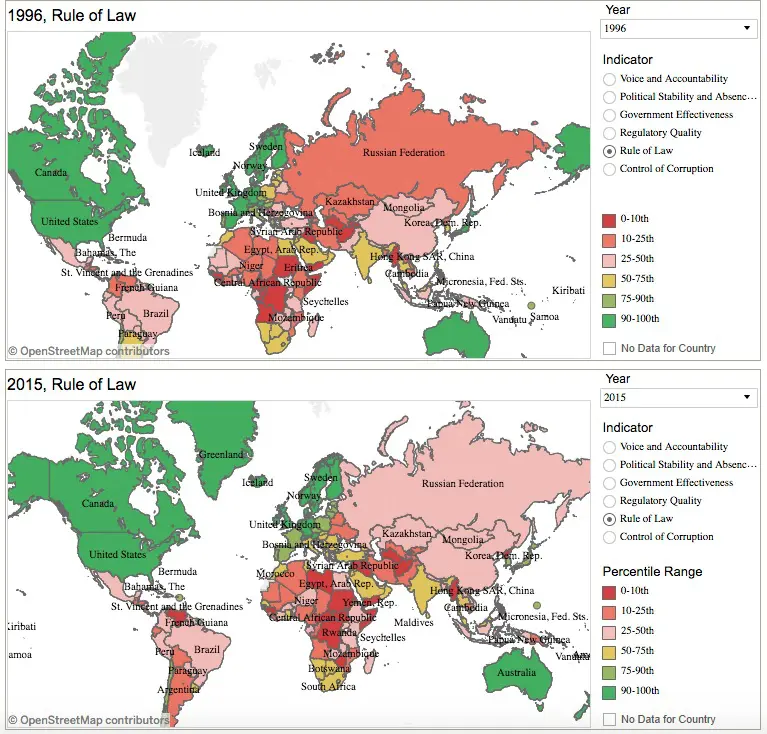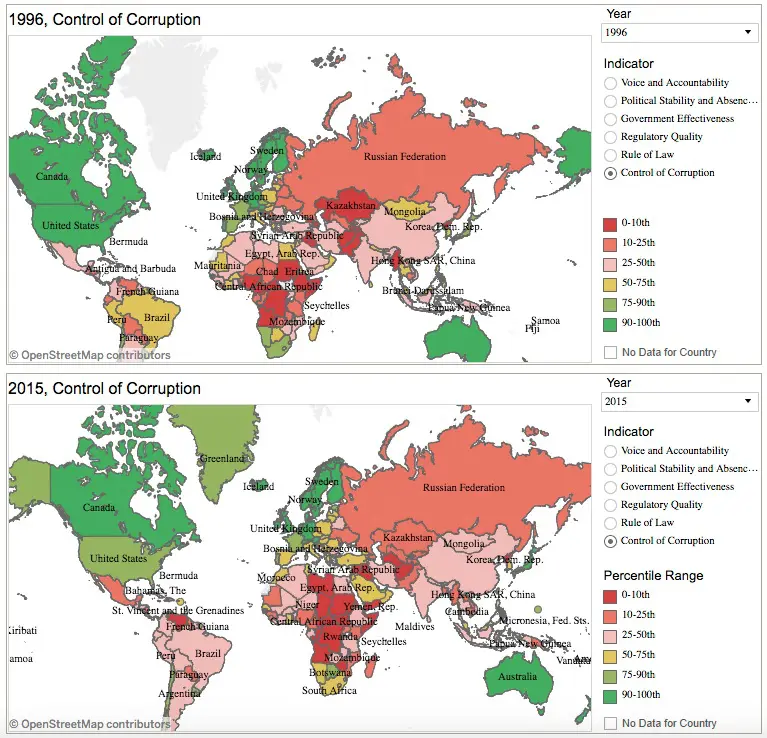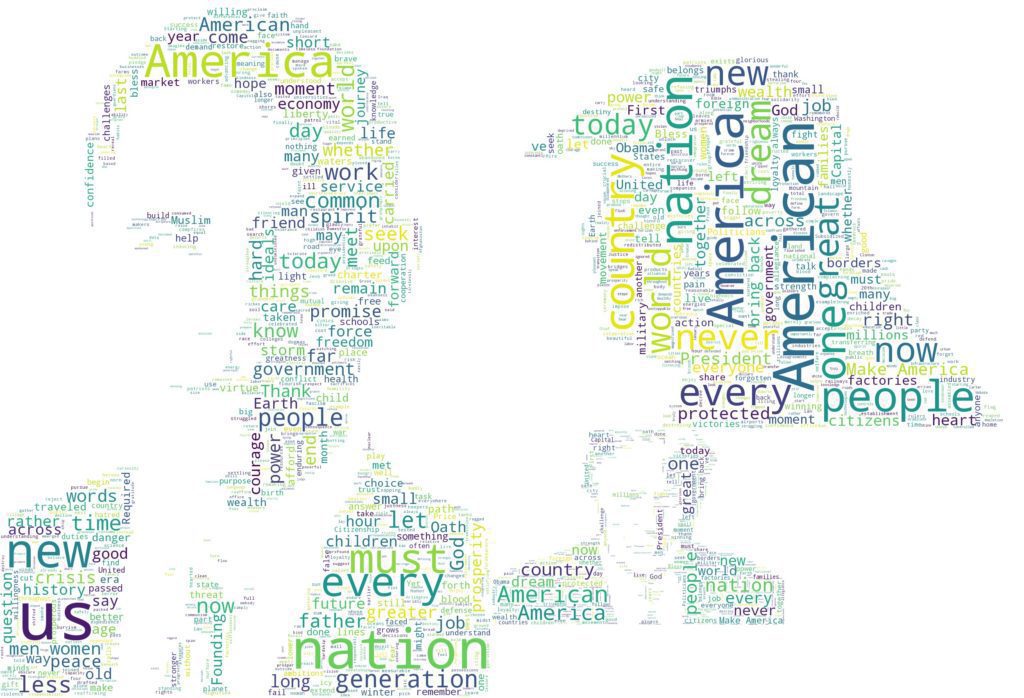There’s something those of us in marginalized groups know instinctively, having lived lives long in opposition to a dizzying continuum of Absurd Moral Authority: from outright violence, to secretive “technical” manipulations of statutes designed to erode or remove rights, to vague and carefully unstated “wink wink nudge nudge” moments from individuals of authority who had some power to constrain us — whether it’s a boss (or potential boss), a teacher, a community figure, and/or perhaps most guttingly a family member.
We know the sting of being scolded for even daring an attempt at upsetting the Tautological Supremacist Meritocracy: “If you weren’t worthless, you’d already be here by now!”
The British thought we would just roll over too
But we should remember one of the primary reasons that we as a nation even won our independence in the first place:
We were underestimated.
Lord North offered tax relief to the colonies that would help “defend the motherland” in February, 1775 — none took him up on it. And in fact, the Conciliatory Resolution only deepened the growing sense of unity emerging against what increasingly became perceived as a Common Enemy. The attempt to divide and conquer not only failed, but backfired.
The British Parliament thought the colonists full of hot air — that a few shows of military force would quickly crumble the upstart radicals in their quest for representation and rights. But battles at Lexington and Concord only fueled further the sentiment that the colonies were inhabited by an occupying force that must be resisted.
It was widely thought to be insane to stand against the world-renowned military force of the British Empire — but the Continental Army under George Washington doggedly turned the fact of underestimation to their advantage via innovative battlefield strategy. The motherland, finding it difficult to raise sufficient troops to fight against their own former countrymen, hired German mercenaries to fight against the colonists — further deepening the resolve of the Americans to throw off an oppressor willing to bring foreign assassins to bear in a dispute formerly perceived as a conciliatory process of achieving the basic rights of citizenship that colonists’ forbears once enjoyed in England. The British overestimation of Loyalist support — combined with the general mistreatment of those who did cross the “revolutionary picket line” — only added to the troubles faced by a predominantly naval power slogging through a lengthy land war over vast territory.
Diversity does not preclude uniting to face a Common Enemy
In so many ways we’ve become more fragmented; more balkanized; more atomized in modern society. We’ve self-selected into our communities of shared values and our social media bubbles. In many ways this is the paradox of prosperity, and the Catch-22 of progress.
We may feel stronger in our own foxholes, but there comes a time when the whole choir must sing together. Now is that time.
And perhaps it is dangerous to use the language of war, and of conflict — or perhaps it may help us to better identify where our Common Enemy lies. Our Common Enemy is not the down at heel rural Trump supporter who lashes out at us in fear, and in retaliation — though their words are often hateful, these people have been misled.
It’s a very old story — older than Trump; older than George W. Bush; older than Reagan or Nixon or Coolidge or Jackson or Johnson. The wealthy white elite has a centuries’ old playbook of dangling so-called Christian morality in front of those whites left most destitute by the former’s economic policies — and winning.
We are watching reruns.
This time, fascism and foreign influence have been added to up the ante — keeping even the most blasé among us glued to our seats.
Stand up
The framers of our Constitution deliberated, debated, and agonized over the most ideal structure to support a broad pluralist power, in concerted opposition to the monarchies and aristocracies of the past. Many were shocked by — and fought bitterly against — the unprecedented act of beginning such a governing document with the words, “We the people.”
But 85 Federalist Papers later, our sovereign power was enshrined in the document that still governs our ambitions today — and acts as a backstop against those who would wield tyrannical power in our name.
Our Common Enemy is tyranny, and we must learn to recognize where it lives, and how it acts. Even — perhaps especially — when that domicile is the White House, and that act an act of Congress.
Our Common Enemy is those who would deny the power of the people to govern themselves: through the silencing of debate in a once great forum; through casual disregard of the judiciary branch; through an endless parade of troglodyte efforts at voter suppression.
Our Common Enemy is the long litany of elected officials who act in their own best interests at the expense of We the People. It is the slew of slick sycophants currying political favor with the powerful, who continually rewrite the rules of the game the Winners have already Won many times over, to accelerate the gaping gulf of inequality that threatens democracy, liberty, justice, and most certainly peace.
Without Justice there can be no Peace.
And those who wield injustice have vastly underestimated the swaths of citizenry who can see through the ruse; who have heard the old story and seen its outcomes; who are tired of having to wage the same struggles for rights and respect over, and over, and over again.
But the tired gain strength through camaraderie in adversity; through simple acts of kindness; through humor, and through love.
These are tools the tyrannical cannot access.
Stand, and wield them, in the name of We the People.


